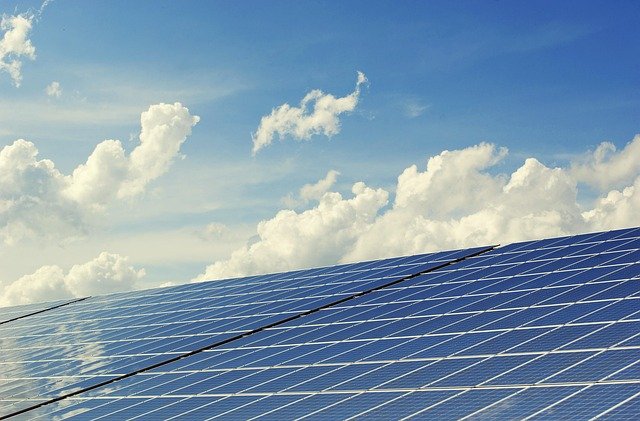Power Generators: Understanding Your Options for Reliable Energy
In today's world, reliable access to electricity is crucial for both residential and commercial needs. Power generators serve as a vital backup solution during outages or in areas without consistent grid access. This article explores various types of power generators, focusing on electric power generators and the emerging technology of home solar battery systems.

What are electric power generators?
Electric power generators are devices that convert mechanical energy into electrical energy. They come in various sizes and types, catering to different power needs. The most common electric power generators use fossil fuels like gasoline, diesel, or natural gas to operate. These generators work by spinning an electrical conductor in a magnetic field, producing an electric current.
Electric power generators are widely used in both residential and industrial settings. For homeowners, they provide a reliable backup during power outages, ensuring essential appliances and systems continue to function. In industrial applications, they can serve as primary power sources for remote locations or as emergency backups for critical operations.
How do home solar battery systems work?
Home solar battery systems represent an innovative approach to power generation and storage. These systems typically consist of solar panels, an inverter, and a battery bank. During daylight hours, solar panels convert sunlight into electricity, which can be used immediately or stored in the battery for later use.
The key advantage of a home solar battery system is its ability to provide clean, renewable energy even when the sun isn’t shining. This makes it an excellent option for reducing reliance on the grid and lowering electricity bills. Additionally, during power outages, a solar battery system can keep essential appliances running, providing a level of energy independence.
What are the benefits of a solar battery system?
Solar battery systems offer numerous advantages for homeowners and businesses alike. Firstly, they provide energy security by reducing dependence on the grid. During power outages, a well-designed solar battery system can keep critical systems operational, ensuring comfort and safety.
Secondly, solar battery systems can lead to significant cost savings over time. By storing excess energy produced during the day, users can avoid purchasing electricity from the grid during peak hours when rates are typically higher. This can result in lower monthly electricity bills and a quicker return on investment for the solar system.
Lastly, solar battery systems contribute to environmental sustainability. By harnessing clean, renewable solar energy, these systems help reduce carbon emissions and dependence on fossil fuels. This makes them an attractive option for environmentally conscious consumers and businesses looking to reduce their carbon footprint.
How do electric generators compare to solar battery systems?
While both electric generators and solar battery systems provide backup power, they differ significantly in their operation, environmental impact, and long-term costs. Here’s a comparison of these two power solutions:
| Feature | Electric Power Generators | Solar Battery Systems |
|---|---|---|
| Fuel Source | Fossil fuels (gasoline, diesel, natural gas) | Solar energy (renewable) |
| Environmental Impact | Higher emissions | Low to zero emissions |
| Noise Level | Typically loud | Silent operation |
| Maintenance | Regular maintenance required | Minimal maintenance |
| Initial Cost | Lower upfront cost | Higher upfront cost |
| Long-term Cost | Ongoing fuel expenses | Minimal operating costs |
| Power Availability | On-demand, limited by fuel supply | Dependent on solar conditions and battery capacity |
| Scalability | Limited by generator size | Easily expandable |
Prices, rates, or cost estimates mentioned in this article are based on the latest available information but may change over time. Independent research is advised before making financial decisions.
What factors should you consider when choosing a power generator?
Selecting the right power generator depends on several factors. For electric generators, consider the power output needed to run essential appliances, fuel type and availability, noise levels, and portability if required. It’s crucial to choose a generator that can handle your peak power demands while also considering fuel efficiency and long-term operating costs.
For solar battery systems, key considerations include the size of your solar array, battery storage capacity, and your average daily energy consumption. The system should be designed to meet your energy needs during both sunny and cloudy periods. Additionally, consider the quality and warranty of the components, as well as the reputation of the installer.
In both cases, it’s essential to factor in installation costs, maintenance requirements, and local regulations or permits that may be necessary. Consulting with a professional can help ensure you choose a system that best meets your specific needs and circumstances.
Choosing between an electric generator and a solar battery system ultimately depends on your specific energy needs, budget, and environmental considerations. While electric generators offer immediate, on-demand power, solar battery systems provide a sustainable, long-term solution with lower operating costs. By carefully evaluating your requirements and the options available, you can make an informed decision that ensures reliable power for years to come.




